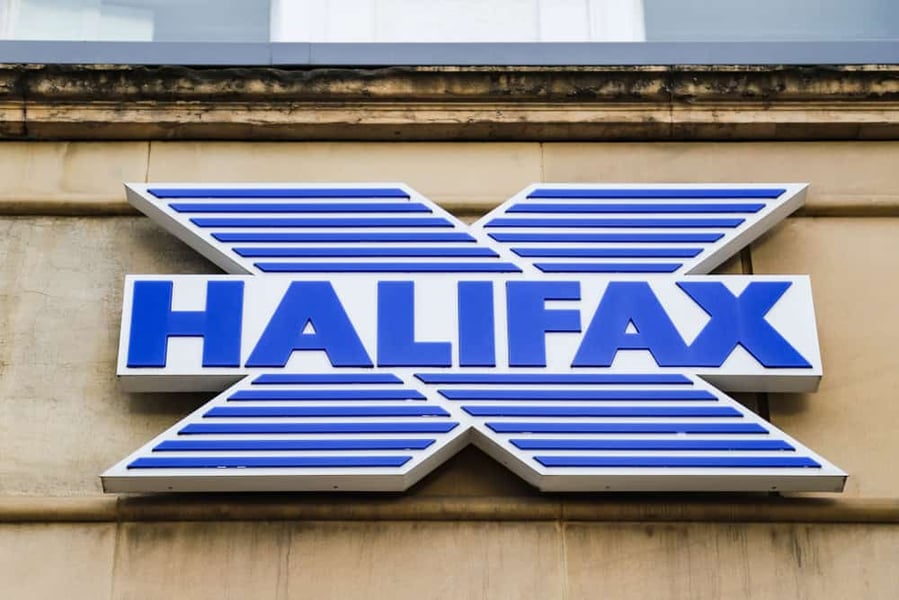The research also shows that annual house price growth is 8.2%, having peaked at 9.5% in May this year, which was the strongest rate of annual growth since July 2014.

Looking back to the housing market's performance over 2021, Halifax has predicted that rising pressures will see strong house price growth slow, but remain supported by restricted supply.
The average UK house price is now £272,992 compared to £252,235 a year ago, a rise of £20,757.
Halifax found that annual house price growth was 8.2%, having peaked at 9.5% in May 2021, the strongest rate of annual growth since July 2014.
Average property prices are almost £34,000 higher than at the onset of the pandemic (£239,176 in March 2020) and quarterly house price growth is now 3.4%, its strongest level since 2006.
Properties sold to first-time buyers recorded a slightly higher rate of annual house price inflation up 9.1% than home-movers up 8.8% this year.
Russell Galley, managing director of Halifax, said: “The UK housing market continued to defy expectations during 2021.
"Despite the country continuing to grapple with the impact of the coronavirus and being back in ‘lockdown’ during the first half of the year, the average property price has risen by a further 8% so far this year following a 6% rise in 2020.
“The stamp duty holiday undoubtedly helped to drive activity, with many buyers racing to bring forward transactions that might otherwise have been planned for next year.
"This intensified already heightened demand from increased homeworking and the desire for more space, a characteristic of the market that has endured beyond the end of the tax break.
“The extension of the government’s job support schemes, together with continued limitations on spending opportunities for consumers, boosted the funds available to households to finance property purchases.
"Record low interest rates have also been supportive, pushing house price-to-income ratios to reach historic highs.
"This has particularly stretched first-time buyer affordability, however, as raising a suitable deposit continues to be a significant barrier for many looking to get onto the property ladder.
“Looking ahead, with the prospect that interest rates may rise further in 2022 to subdue rising inflation, and with government support measures phased out, greater pressure on household budgets suggests house price growth will slow considerably.
"Nevertheless, interest rates will remain low by historic standards and property prices will continue to be supported by the limited supply of available properties.
“We expect, therefore, that house prices will maintain their current strong levels but that growth will be broadly flat during 2022 – perhaps somewhere in the range of 0% to 2%.
"Even with that range in mind, there is still a large degree of uncertainty around this forecast, particularly around the extent to which savings accrued during the pandemic continue to boost housing transactions and prices, and how lasting the recent shifts in housing preferences prove to be.
“Indeed, it is prudent to highlight the potential for house prices to rise or fall by much greater margins next year, depending on how COVID-19 and its variants continue to impact the economic environment and the potential for any further policy interventions.
“As has been consistent for several years pre-pandemic, the key long-term issue for the housing market remains the inequality between generations and across the income spectrum, and specifically the ability of the young and lower-paid to access good quality housing that meets their needs.
"This disparity has only intensified over the last two years, increasing the need to prioritise improved housing availability and affordability.
“The need to ensure that all homes – both new and old – support the UK’s sustainability targets and build towards a greener future will also become an increasingly important factor in the housing market, with homes given the highest energy ratings already worth up to £40,000 more on average than less sustainable properties.”


